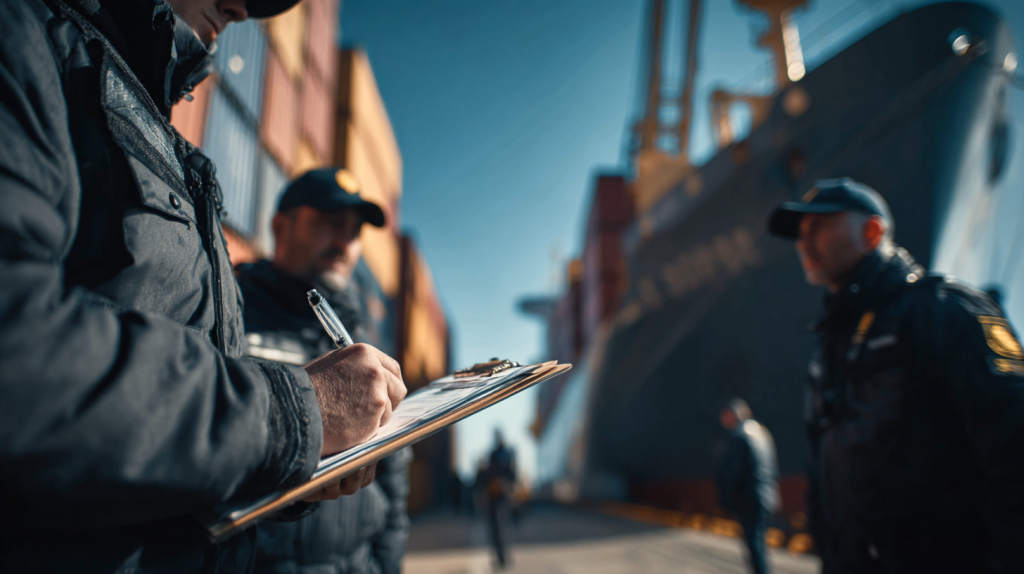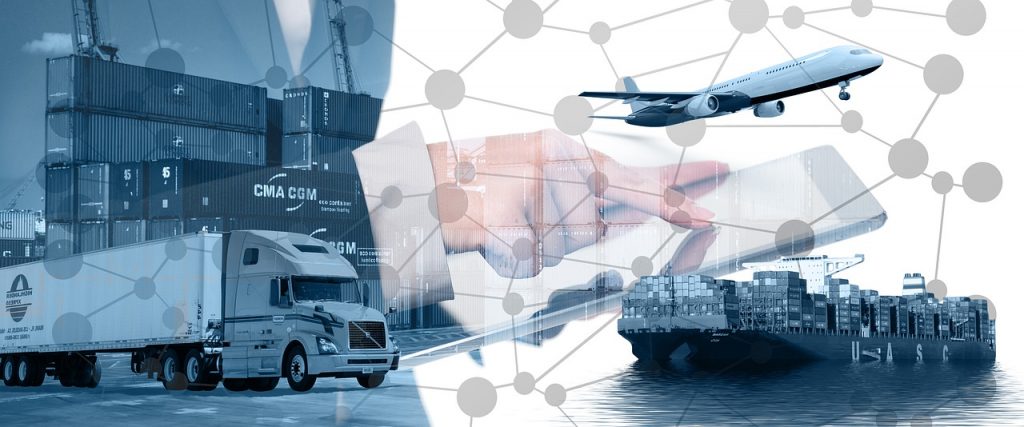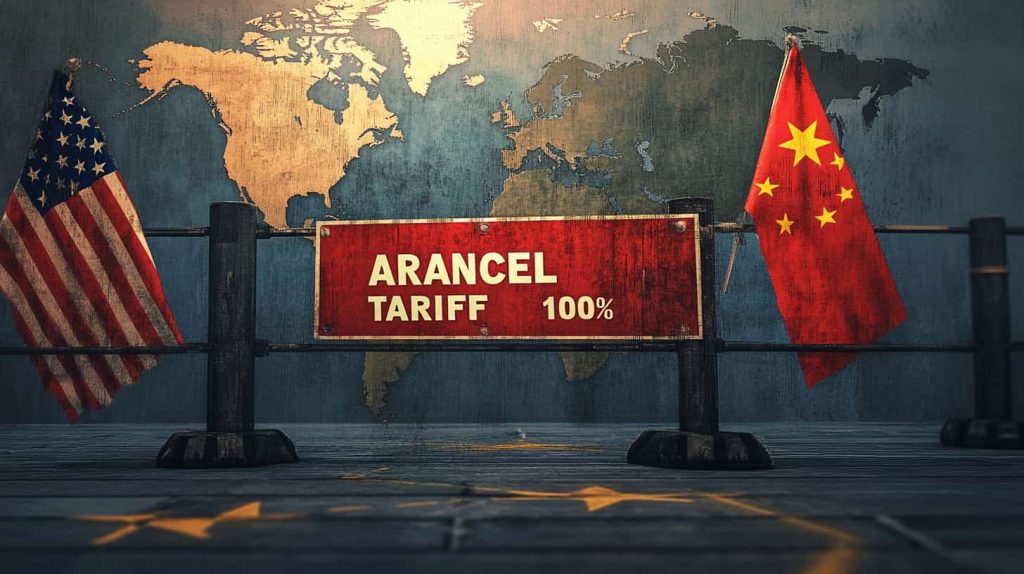customs Compliance: A Practical Guide to Staying on Track Without Disruptions
For many businesses, staying compliant with customs regulations can seem like a daunting task, especially when navigating different legal frameworks, technical procedures, and documentation requirements. But the good news is: it doesn’t have to be complicated. With the right preparation and a strategic approach, you can avoid delays, fines, and disruptions in your international trade operations.
In this guide, we’ll walk you through the key points to ensure your customs processes run smoothly, positioning your company as a responsible and professional partner in the eyes of both authorities and logistics stakeholders.
Why Customs Compliance Matters More Than Ever?
Customs is one of the most critical control points in the supply chain. A single misstep at this stage can result in added costs, reputational damage—or even the seizure of your goods. Proper customs compliance not only ensures the legal flow of your shipments but also strengthens your business relationships with suppliers, customers, and regulatory agencies.
When you operate with knowledge and foresight, you lay the foundation for a scalable, sustainable international trade operation.
Step-by-Step: How to Stay Compliant Without the Headaches
Here’s a practical roadmap to help you meet customs requirements with confidence and efficiency:
1. Accurate Tariff Classification
Everything starts with assigning the correct system code to your goods. This classification determines applicable duties, restrictions, and required documentation. Mistakes here can lead to overpaying taxes, or worse, penalties. If in doubt, consult a licensed customs broker or a trade compliance expert.
2. Verify Product- and Country-Specific Regulations
Each country has its own rules, especially depending on the type of product you’re shipping. Some goods require health permits, phytosanitary certificates, certificates of origin, or compliance with technical standards. Before importing or exporting, research the regulatory requirements both at origin and destination. Proactive planning helps avoid customs holds.
3. Ensure Complete and Accurate Documentation
One of the most common causes of delays is missing or incorrect paperwork. Make sure you have:
- A complete commercial invoice with full buyer/seller information and detailed product descriptions
- A packing list
- A Bill of Lading (or Air Waybill for air shipments)
- Relevant certificates (origin, quality, sanitary, etc.)
- Import/export licenses or permits, if required
- Documentation needed for any preferential trade agreements or duty exemptions
4. Work with a Trusted Customs Broker
A reliable customs broker is more than a document processor—they’re a strategic advisor. They keep you informed of regulatory changes, help identify cost-saving opportunities, and manage compliance risks. Evaluate their track record, responsiveness, and regulatory expertise.
5. Establish Internal Compliance Procedures
Customs compliance requires internal discipline. Set up a clear process for document management, HS code validation, and requirement verification. Train your team regularly and keep organized records of every transaction.
6. Monitor Regulatory Changes
Customs regulations are dynamic. Tax reforms, trade agreements, tariff revisions, and technical requirements can shift frequently. Subscribe to official bulletins, follow trade organizations, or partner with a compliance consultant to stay current.
7. Avoid Risky Shortcuts or Misdeclarations
Underreporting declared values or using incorrect codes might seem like short-term wins—but they carry serious legal risks. Customs audits can lead to fines, suspension from the importer registry, or even criminal charges. Full compliance is always the smartest long-term strategy.
The Benefits of Strong Customs Compliance
When you make customs compliance a core part of your logistics strategy, the rewards are clear:
- Faster customs clearance times
- Smoother inspections and fewer storage and demurrage fees
- Optimized duty costs through trade agreements and exemptions
- A stronger reputation with global clients and partners
- Better planning and control over your supply chain
Final Thoughts
Customs compliance isn’t just a legal requirement, it’s a competitive advantage. By embracing a culture of compliance, your business gains efficiency, builds trust, and strengthens its international reputation. It’s not about making things complicated, it’s about being prepared with the right strategy, the right partners, and clear processes.
This guide is designed to help you take the right steps with confidence. As international logistics experts, we’re here to support you at every stage—and help turn compliance into a strength that drives your business forward.



